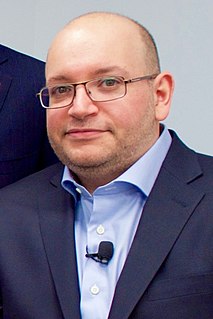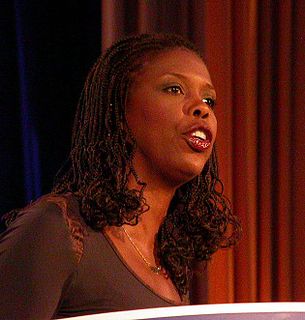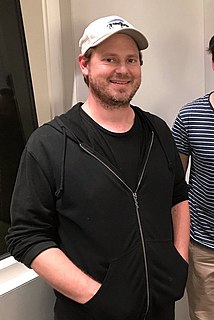A Quote by Ha-Joon Chang
Economics should be defined in terms of what it is about. It should be about how people produce things, how people exchange them, how people earn income, how they pay taxes, how the government provides infrastructure with tax revenue, and how it conducts monetary policy. The subject has to be defined in terms of the object of inquiry.
Related Quotes
I thought you liberals cared about people, but here you're perfectly content to get them addicted to tobacco and make them pay taxes through the nose and continue to pay taxes through the nose and raise their taxes. And then you try to make 'em think you care about 'em by running PSAs telling them how they shouldn't smoke and how they should quit. You're exactly right. If they really cared, they would ban the product, but they can't, because the revenue from tobacco taxes - I'm not kidding you - funds children's health care programs, and a number of other things as well.
The left wants you to believe that true morality is defined by how much money you give the government, how much money you pay the government, how much money the government gets from you, because only the government does good stuff, only the government does good works, only the government cares about people. It's bogus.
And with the Occupy Movement, it's really ironic how the police come as representatives and enforcers of the powers that be, even though the people in the Occupy Movement are really on their side - not in terms of their behavior, but in terms of their economic status, in terms of who the police are in society and how much they're paid, and if you boil it down to the economics of it, the police should be out there marching with the Occupy Movement.
In terms of how Iranians see the U.S. government, that's a difficult question. But in terms of how Iranians see Americans, there is a very good mutual belief that they have so much in common with American people and they feel totally related to them. In terms of government, definitely there are some hardcore hardliners who hate the U.S. government, but at the same time, there are some more moderate.
When caring for your neighbor becomes a compulsory obligation imposed by government instead of voluntary, charity turns to confiscation and freedom to achieve to involuntary servitude. To liberals, compassion seems to be defined by how many people are dependent on the government; to conservatives, it's defined by how many people no longer need help. One promotes dependence, the other freedom, responsibility and achievement.
My greatest influences are actually probably a set of different teachers. And these teachers, most prominently at my high school, but also a few others, helped kind of instill in me, thinking thoughts about how life is meaningful in terms of how we all kind of live in a network of people and how you interact with those people is part of what makes life essentially meaningful and then kind of concepts to think about, how do you add value to other people's lives? How do they add value to yours? And how do you kind of form a community together in the network?
I want people to think about movies and how we watch them. Let them know it's okay to question the structure or how we're sometimes duped into a false sense of normalcy. Most of all, I want people to question the old standard practices of, 'This is how the structure of something should work,' or, 'This is how a character must behave.'
I believe that there is an important part of every human being that is defined in terms of their significant other: how we choose our partner, and how we behave when we are with them. And that is the part that interests me. How that part of the personality is forged doesn't just interest me, it fascinates me.
It's one thing to maintain that upper-income earners should pay higher tax rates because they are better able to shoulder the burden for essential government services. But it's constitutional blasphemy to claim that the tax code should be used as a weapon against the wealthy and that the state should be the tyrannical arbiter of how income is distributed.
When I talk about how we're going to pay for education, how we're going to invest in infrastructure, how we're going to get the cost of prescription drugs down, and a lot of the other issues that people talk to me about all the time, I've made it very clear we are going where the money is. We are going to ask the wealthy and corporations to pay their fair share.




































